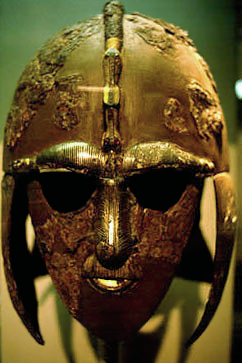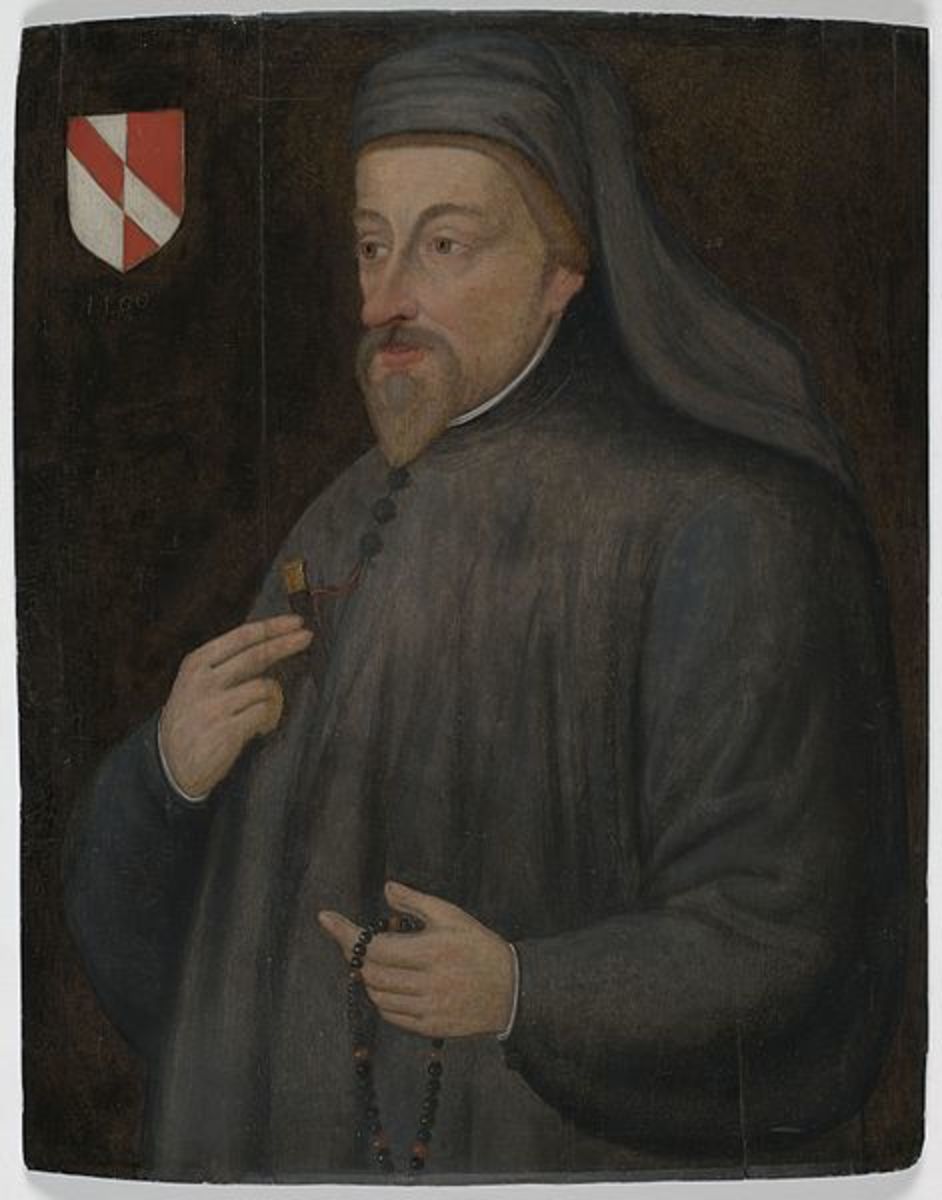PhD Requirements for Medieval Literature
If you're considering pursuing a graduate degree in Medieval Literature, congratulations! Medieval literature is not so irrelevant a field as you might think; in fact, the Medieval Academy of America regularly updates its list of Jobs for Medievalists with employment opportunities for individuals holding (usually) a PhD in medieval literature, history, or some other aspect of medieval studies. Of course, most of these jobs are teaching or research positions in academic institutions, so a PhD in medieval literature is perfect for someone seeking a career as a scholar, teacher, researcher, historian, or writer.
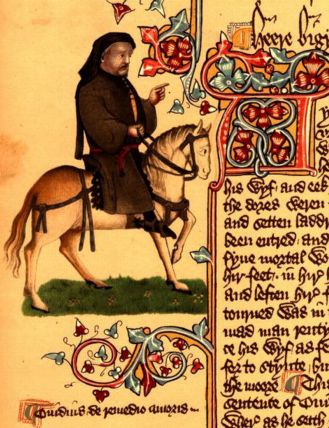
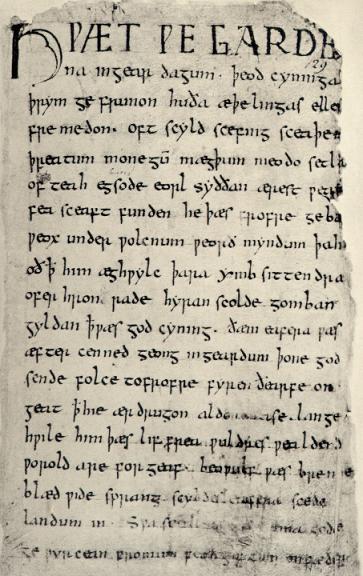
Choosing a PhD Program
As you research PhD programs, you will be hard-pressed to find a program specifically offers a PhD in Medieval Literature. Most of the time, you will have to apply to other PhD programs and concentrate your studies on medieval literature within that department. For example, if you apply to a PhD program in English, you would focus your coursework, research, and dissertation on medieval British and/or Celtic (Irish, Welsh, Scottish) literature. Perhaps you have German, French, Spanish, Italian, Icelandic, or another language: apply to a PhD program in one of these languages and focus on medieval literature in that department.
Some universities, like Cornell, offer a PhD in Medieval Studies. Students pursuing a PhD in Medieval Studies do focus on a specific area—for example, medieval Germanic literature—but they also receive broader training in the culture, history, philosophy, art, and literature of the Middle Ages than, say, PhD students in English focusing on medieval literature would.
The downside to pursuing a PhD in Medieval Studies rather than a PhD in the medieval literature or history of a particular language or area is that many employment opportunities come from departments looking for PhDs in their specific area who have happened to focus on medieval literature. That is, an English department will post a job for an Assistant Professor of English who focused on medieval literature but still has a PhD in English.
Especially in the current economic climate, the best PhD program in medieval literature is one that has a specific home department (i.e., English, German, or Classics) but gives the student the option of focusing on medieval literature within that department. Some departments, like the English Department at Indiana University Bloomington, require PhD students not only to focus on a specific time period or genre but also to complete a PhD minor; the minor can be within the department (for example, another time period, a genre, or other aspect of English like philology) or in another department like German or Art History. Indiana University also offers an interdisciplinary PhD minor or Graduate Area Certificate in Medieval Studies through its Medieval Studies Institute. Thus, a PhD student in English at Indiana could potentially focus on medieval literature while pursuing a minor or certificate in medieval studies, giving her the credentials to teach in both an English and a medieval studies department.

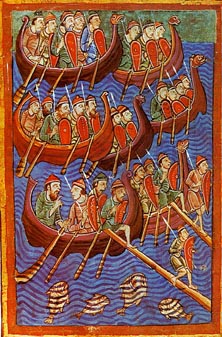
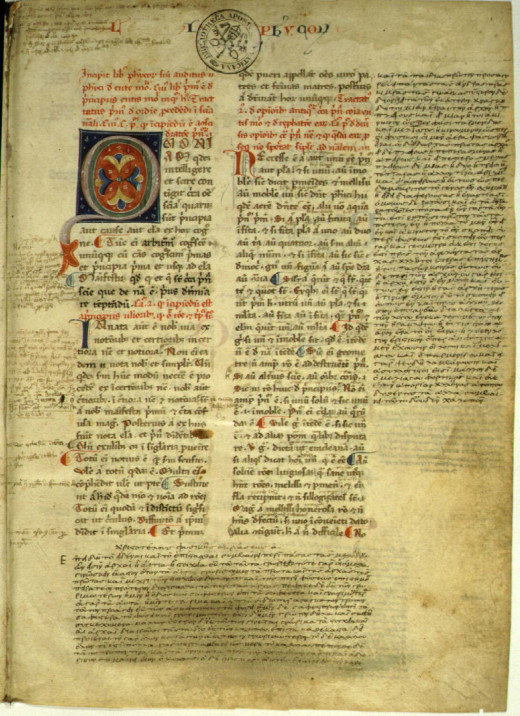
Requirements for a PhD in Medieval Literature or Medieval Studies
The requirements for a PhD in medieval literature vary depending on the college or university you choose and the program the school offers. But before you focus on the requirements for completing your PhD, make sure you fulfill the requirements for getting into the PhD program itself. For example, if you choose to pursue a PhD in German with a focus on medieval literature, then you will need to be fluent in German in order to get into a German department's PhD program; if you apply to a PhD program in English with a focus on medieval literature, then you will likely acquire fluency in a reading language or two (French and German, usually) during your PhD coursework—but knowing a language beforehand can often increase your chances of being admitted to the program.
Again, once you are accepted into a PhD program in medieval literature, the requirements for completing your PhD will vary from program to program. You will likely be assigned an adviser who will guide you through your coursework, qualifying exams, and dissertation, monitoring your progress along the way to ensure that you fulfill your program's requirements. However, if you begin early enough in your undergraduate career, you can prepare yourself for some of these requirements so that you can fulfill them easily or, in some cases, count some of your previous coursework toward your PhD.
Language
While proficiency in a foreign language is useful for any major, PhD program, or career, it is especially important for a PhD student in medieval literature or studies. You will not only need to be proficient in several modern research languages, including French and German (and, depending on your department, English and Italian), but also several medieval languages. For PhD students in English, this usually means having a reading knowledge of Middle English, Old English, and medieval Latin, though some programs will allow students to substitute appropriate medieval languages (such as Old or Medieval French, Classical Arabic, or ancient or Byzantine Greek). PhD students in German should know Middle High German, Old High German, and preferably Old Norse; some programs or tracks, like linguistics or philology, will also require Old English and even medieval Latin. If you have the opportunity to take these Classical and medieval languages or any others (Old Occitan, Old Church Slavonic, medieval Welsh, medieval Irish, to name a few) do so: you will be better prepared to fulfill your language requirements at the PhD level.
Courses
You will be required to take several courses in medieval literature depending upon your program and focus. If you are in medieval studies, you will take a variety of courses in the art, literature, history, religion, and philosophy of the Middle Ages. Your dissertation will also focus on a medieval topic. While a major in medieval studies or medieval literature is not necessarily required for admission to a PhD program in medieval literature, it would be helpful for you to have some background in medieval literature before beginning your PhD program.
You can obtain this background through coursework in medieval literature; some colleges offer minors in Medieval Studies or medieval literature, too. Take a variety of classes—medieval literature, history, the philosophy of the Middle Ages, languages, whatever interests you. Familiarize yourself with Beowulf , Arthurian legends, the Qur'an, and the Icelandic Sagas . Get to know St. Augustine, Chaucer, Boethius, William Dunbar, and Duns Scotus. Read Norse, Arabic, and Slavic travelogues. Look at maps of the medieval world; study illuminated manuscripts. Browse the websites of PhD programs that interest you: read the publications of the professors and students who do medieval literature (you may even be able to get a copy of the program's Reading List in medieval literature. You can also do a Google search for medieval literature Reading Lists to get an idea of the kinds of materials you will need to know.). If your school offers a "rare" course—like a course on the Icelandic Sagas or a course in Old Irish—take it. An important aspect of a PhD in medieval literature is the ability to do interdisciplinary work, so the broader your experience in medieval studies, the better.
Other Options
If you cannot find a PhD program in medieval literature or medieval studies that you like, or if you do not get accepted into the program of your choice, you still have other options to complement your PhD.
Register for independent study courses. If your program does not offer a course in medieval literature that you want to take, find out if any professors in your or another department would be able to teach it. They may be able to arrange an independent study for you and other interested students.
Apply for research, travel, or dissertation year grants that will allow you to study and do research at a university that has a medieval studies or medieval literature program; this way, you can focus your dissertation, the capstone of your PhD work, on a specifically medieval subject. You may be able to find a job as a research assistant to a professor who works in medieval literature. This could allow you to work on a medieval project while pursuing your own research and writing on medieval literature.
Complete a certificate or outside program. The Pontifical Institute of Mediaeval Studies offers a Diploma and other programs in medieval studies for PhD students, post-doctorate scholars, and others interested in pursuing further study in medieval literature and medieval studies.
